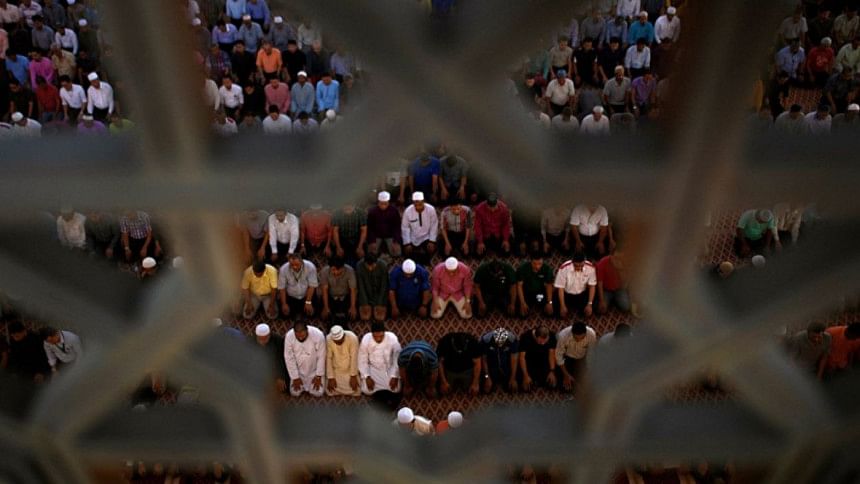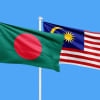Moderation, a wilting hallmark of Malaysia

Throughout the months of September and October, the uproar in Malaysian society in the run-up to the 14th general elections that could be called anytime now, has been energised by controversies such as one over a proposed beer festival, which at first seemed to have been cancelled due to religious sensitivity before other reasons, such as the risk of a terrorist attack and political factors, came to the fore.
Whether the beer festival that had its origins in Germany's Octoberfest would eventually be held here is not, fundamentally, a question all Malaysians would seriously bother about. The real issue is the political will and execution power of our leaders, which the people will use as a yardstick to gauge the competency of the relevant authorities.
As if the beer fest was not enough to cause a big stir, the unresponsiveness and inaction on the part of the authorities over the Muslims-only launderette issue have frustrated many a Malaysian, forcing the royalty to step in and take charge.
Sultan Ibrahim of Johor was the first to censure the Muslims-only launderette in his state for undermining racial harmony, calling it an act of Talibanism. His Majesty also ordered immediate removal of the "Muslims only" sign in front of the shop.
In Perlis, the Raja Muda also banned a similar launderette in his state.
There were more senseless things to come. After the Johor Sultan spoke up, a Muslim preacher openly labelled Chinese Malaysians as "unclean" during a mosque sermon while slamming the Sultan for banning Muslims-only launderette.
His fiery remarks created much controversy in the Malaysian society but sadly the relevant authorities, including the Islamic Development Department of Malaysia (Jakim) to which this preacher belongs, did nothing, until the Conference of Rulers issued a statement to back the Johor Sultan and Perlis Raja Muda in defence of moderation. That was when we began to see the home ministry, police and Jakim take action and have the preacher arrested.
Moderation, tolerance and accommodation have all these years been an integral part of our day-to-day interactions. Malaysians irrespective of race and religion have been respecting and accepting one another all these years, while politicians and little Napoleons in our government departments keep sowing discord among the people.
Even though the government has repeatedly emphasised moderation, whenever a controversial racial or religious issue pops up, these people are slow in defending the cause of moderation as well as the country's diversity.
The issues of beer festival and Muslims-only launderette have sadly reflected the submission to conservatism by the authorities, be it the Barisan Nasional or Pakatan Harapan governments. This was particularly visible in the Muslims-only launderette issue where the authorities only came out with a remarkably toned-down response after the Johor Sultan had spoken up.
The stability of Malaysian society has stemmed from the harmony and unity among people of different ethnic and religious backgrounds. Muslims should take heed of the royalty's orders to manifest the virtues of moderation, tolerance and accommodation we have been practising for decades, and must constantly uphold the spirit of Rukunegara. As for non-Muslims, they must also embrace the same guiding principles and exhibit the same virtues in practising their own religions and cultures.
Members of the public and non-governmental organisations alike have very high regards for the Malay Rulers' responsiveness, a reality our government leaders and officials cannot afford to ignore.
In any democratic country, an ineffective government machinery does not augur well for the continued progress of society. And our hard-earned racial harmony and diversity could be compromised if our leaders continue to keep mum over the excessive acts of religious extremists or if ill-intentioned politicians continue to sow discord among the people.
Chong Lip Teck is Leader Writer, Sin Chew Daily, Malaysia.
This is a series of columns on global affairs written by top editors and columnists from members of the Asia News Network and published in newspapers and websites across the region.










Comments